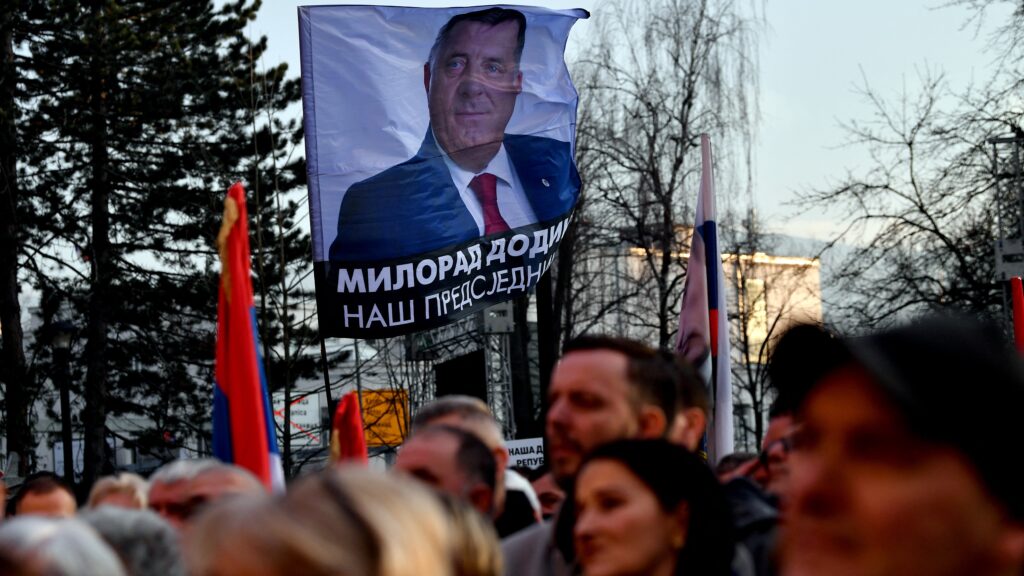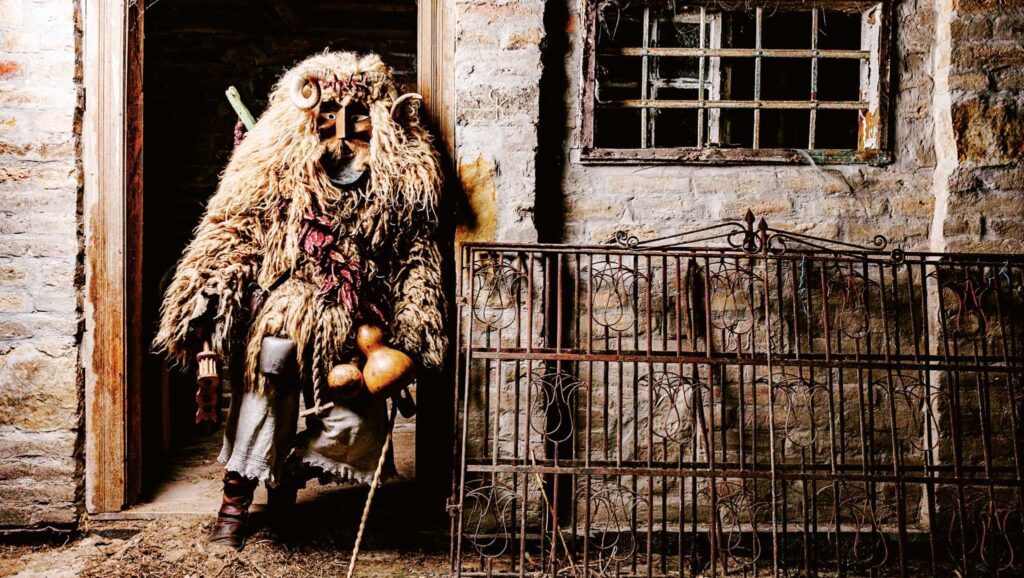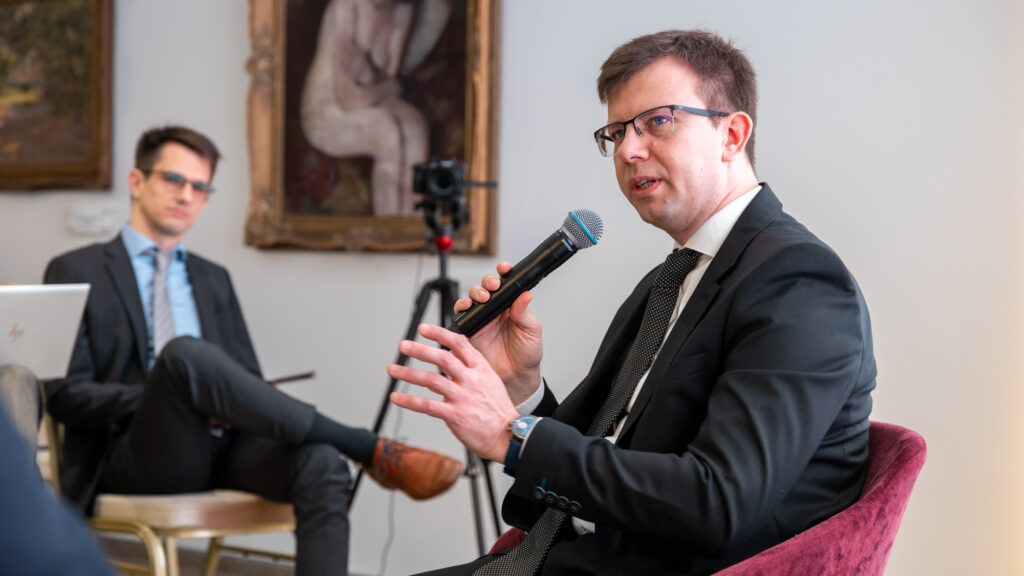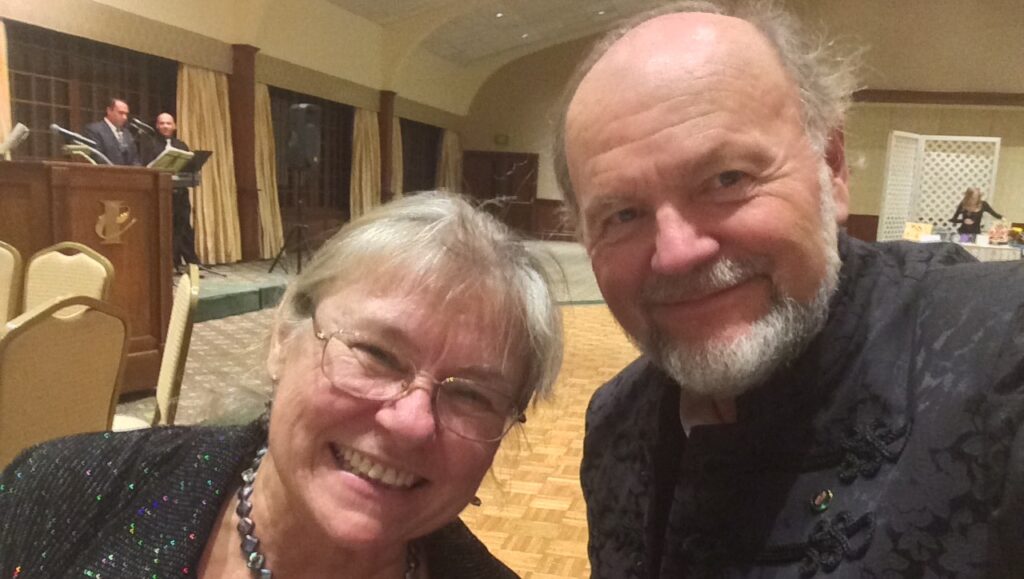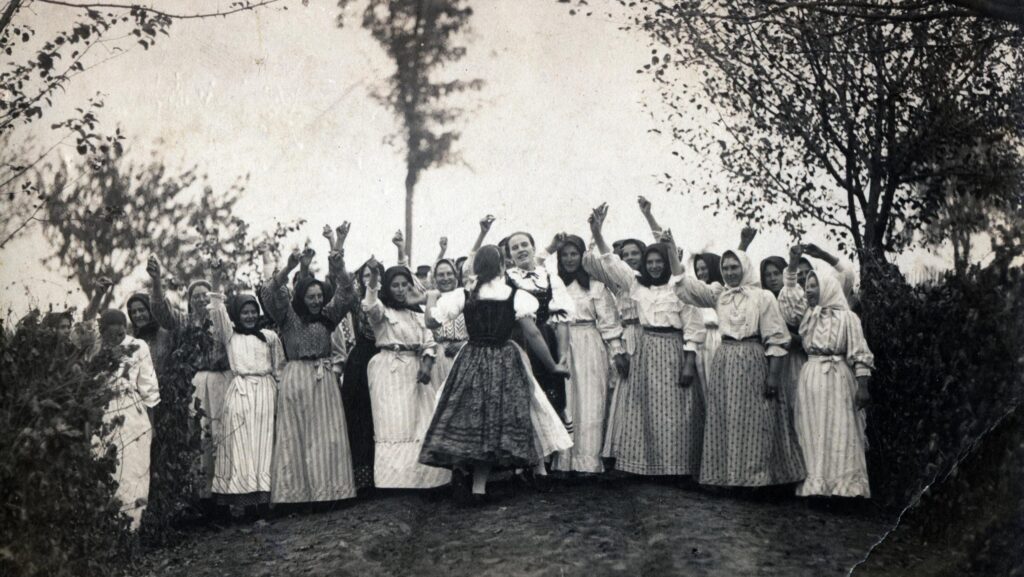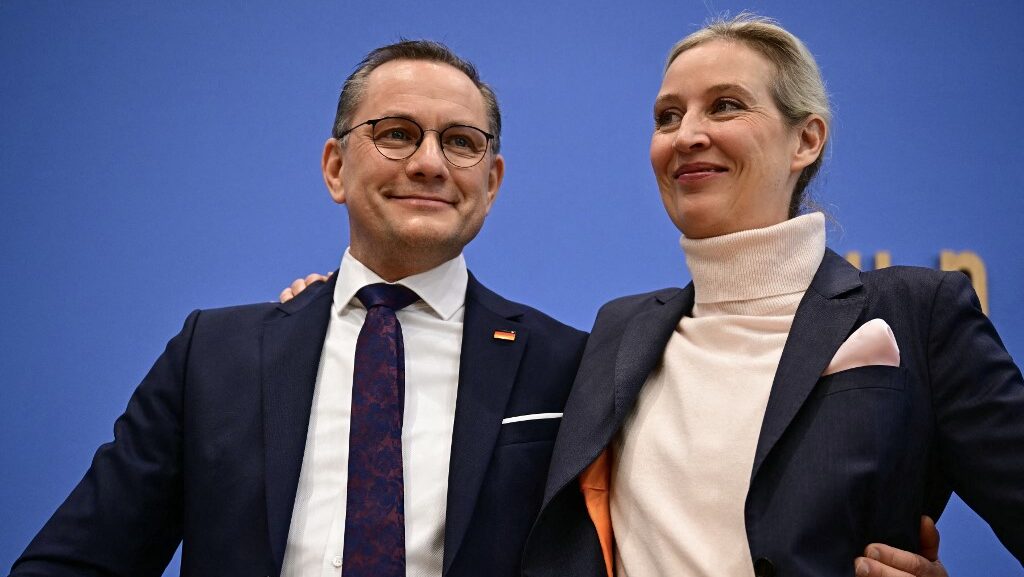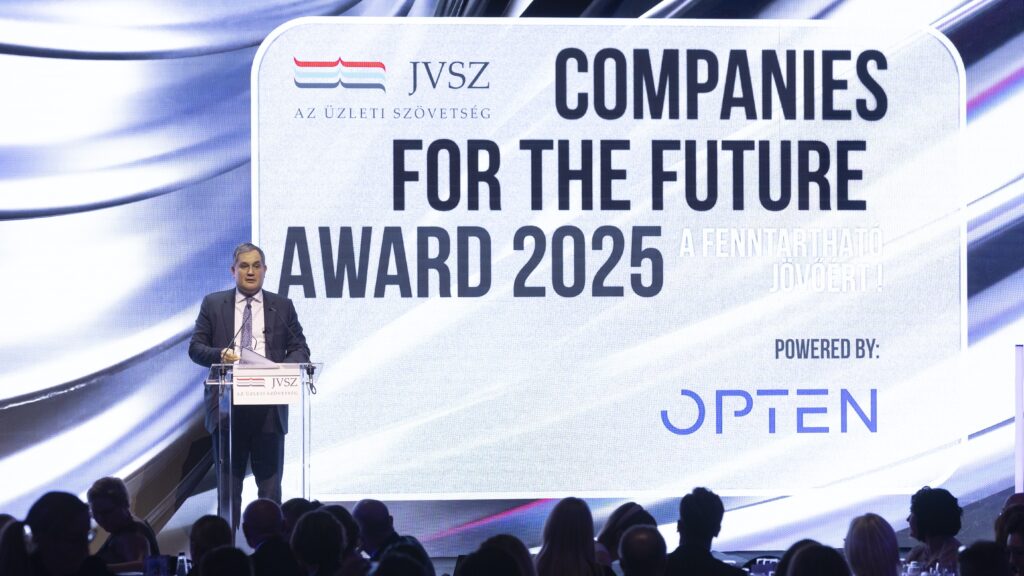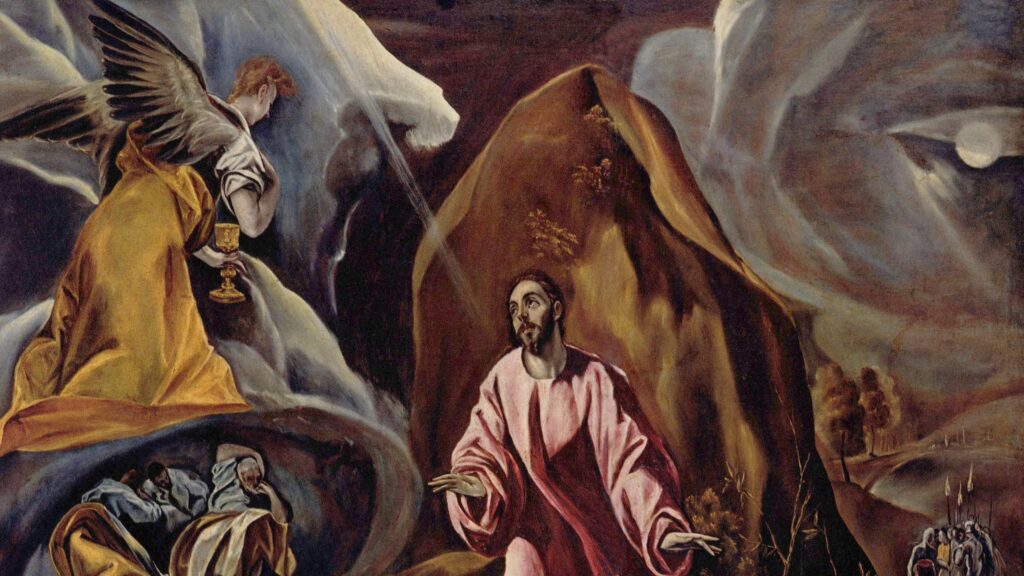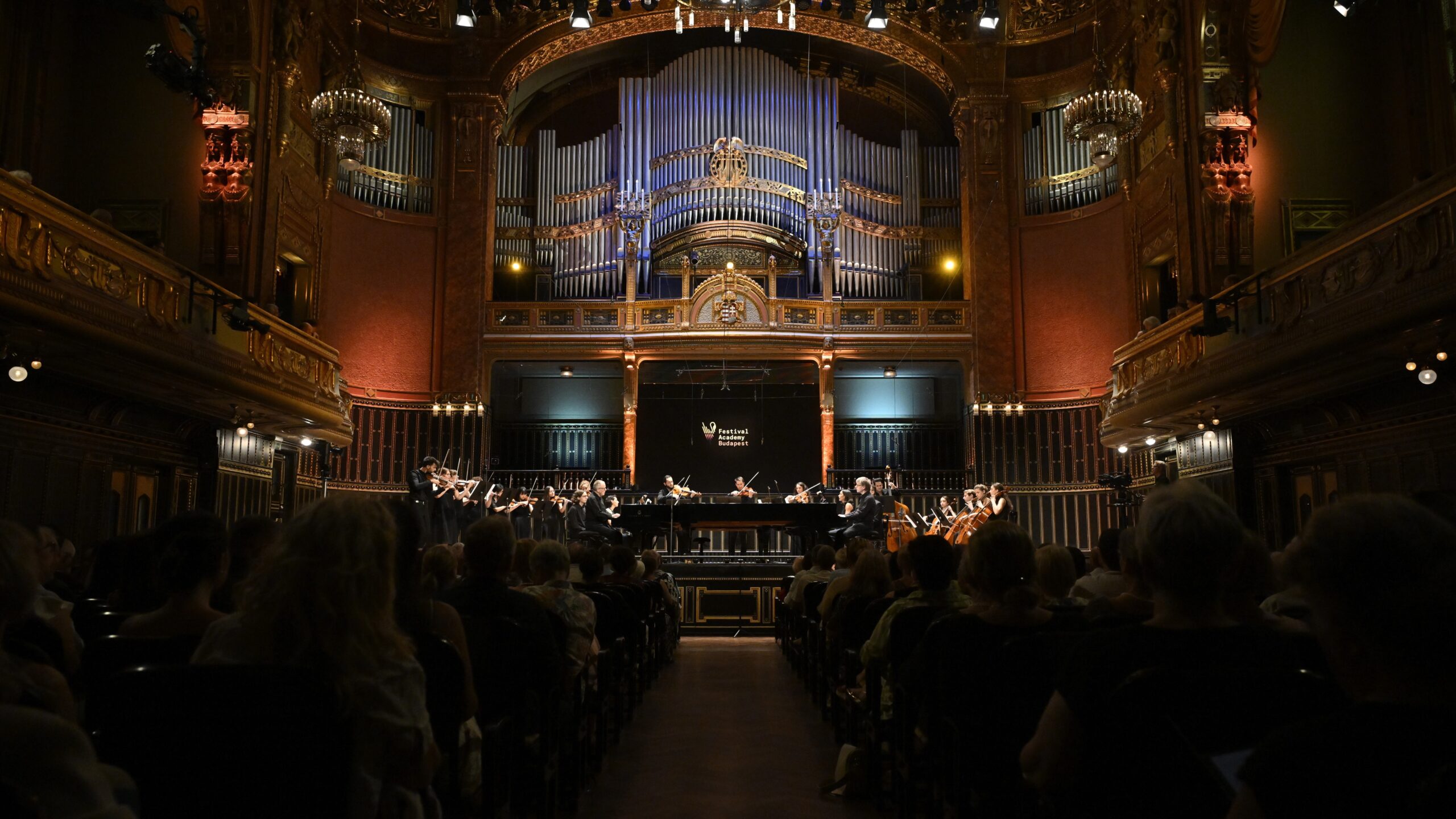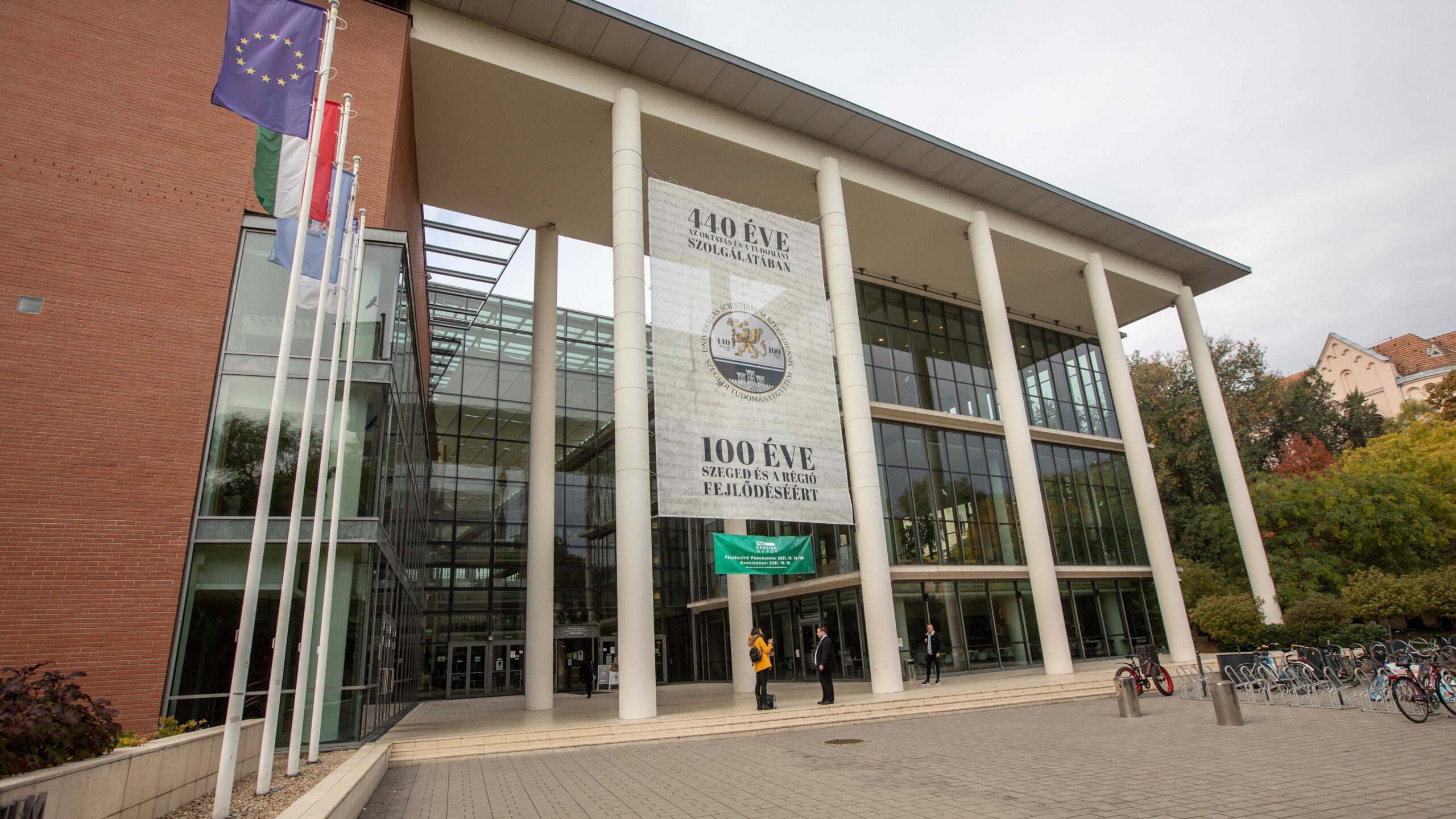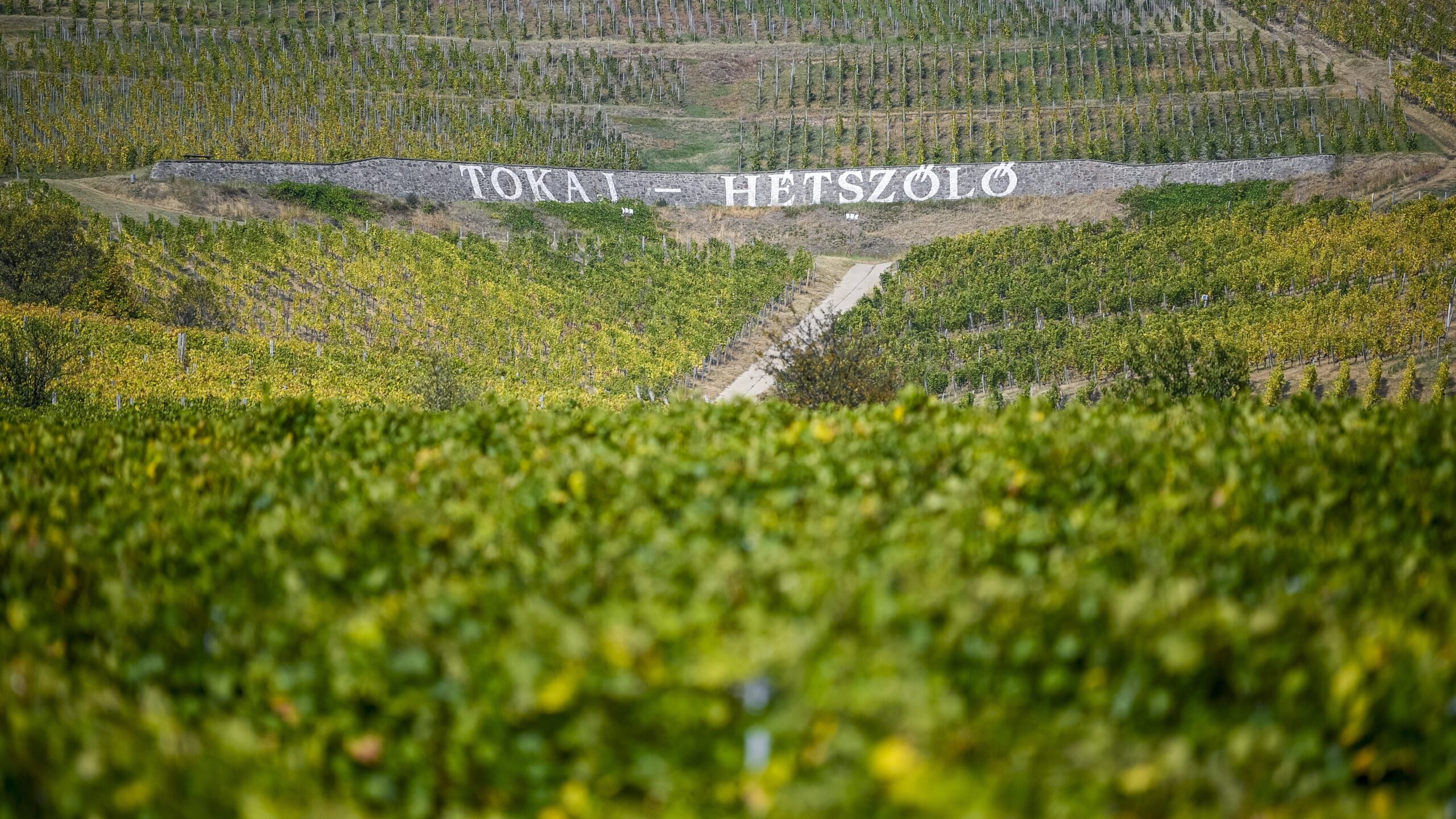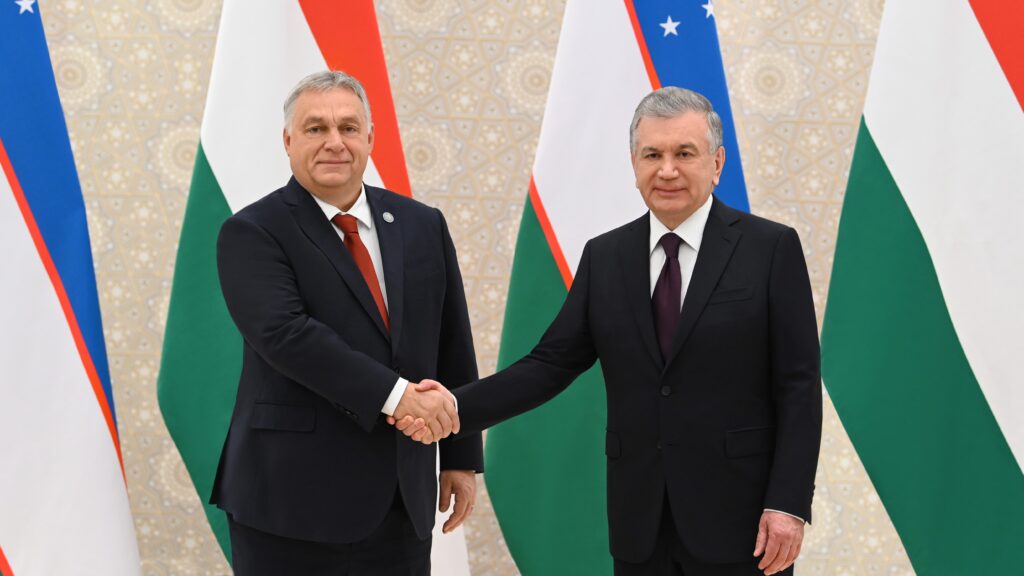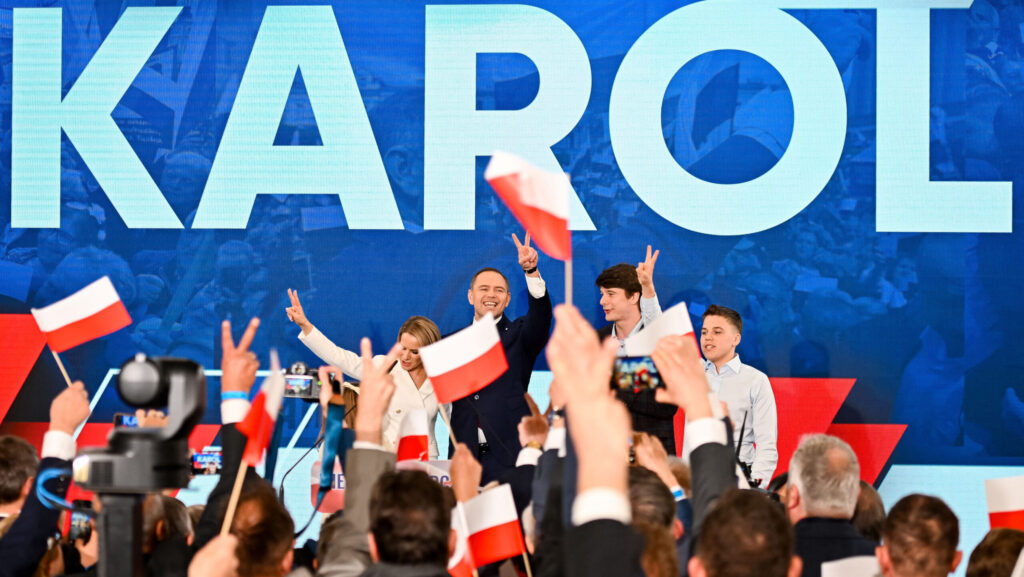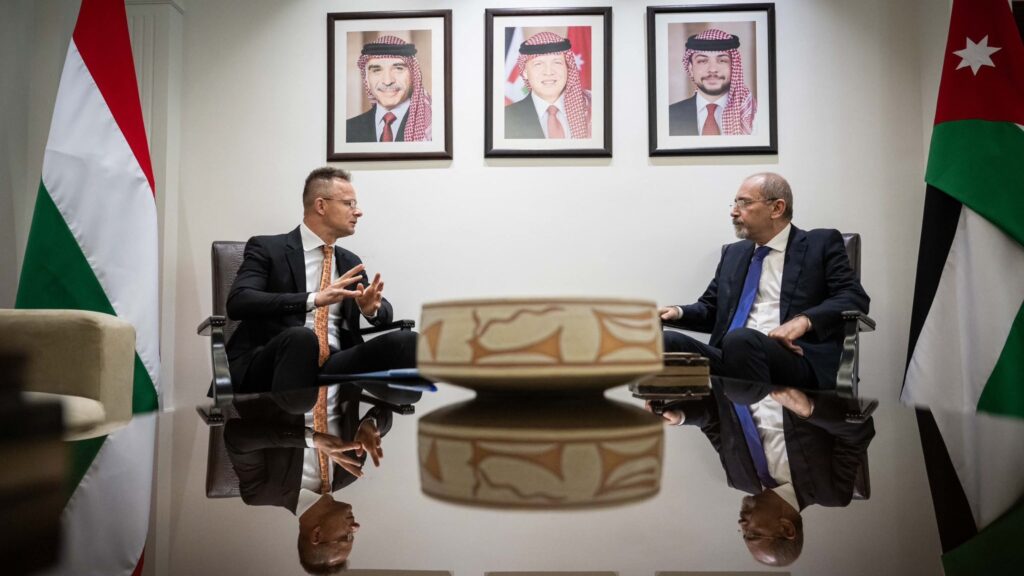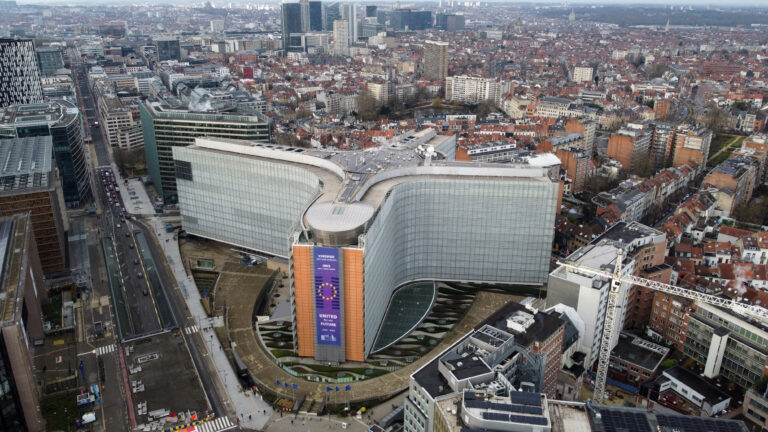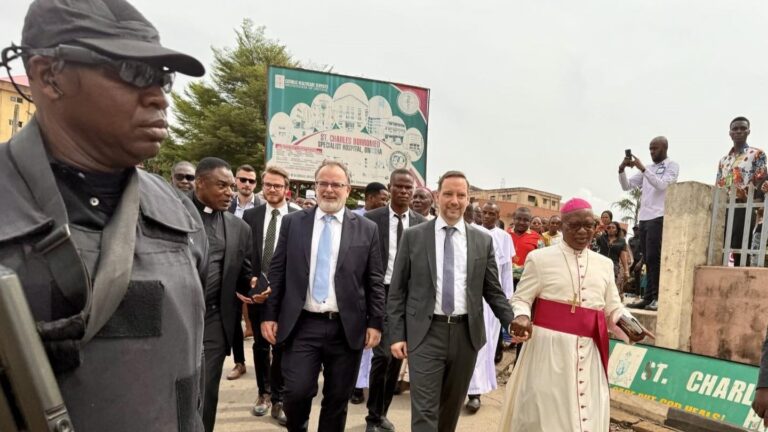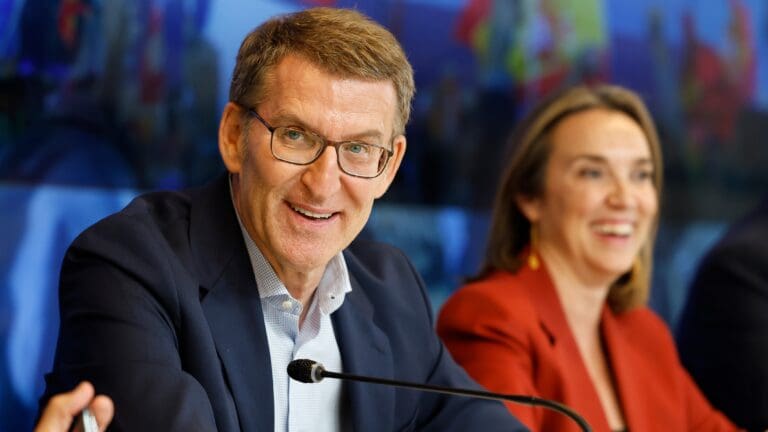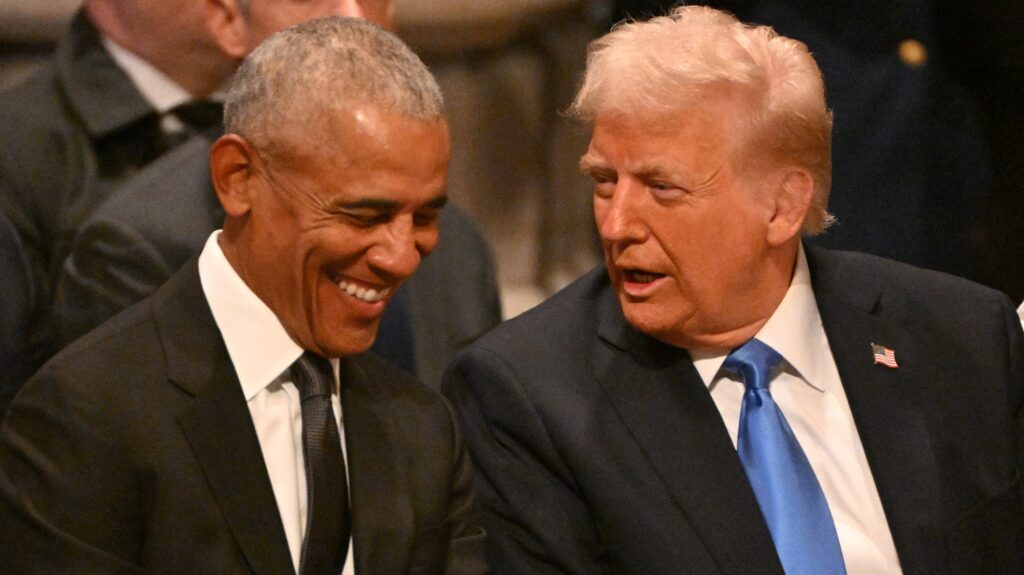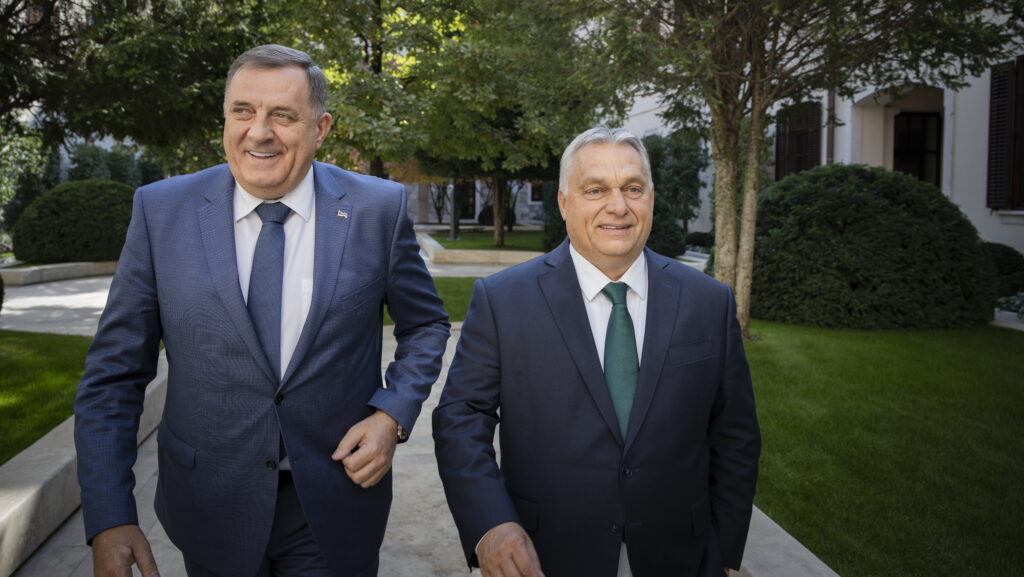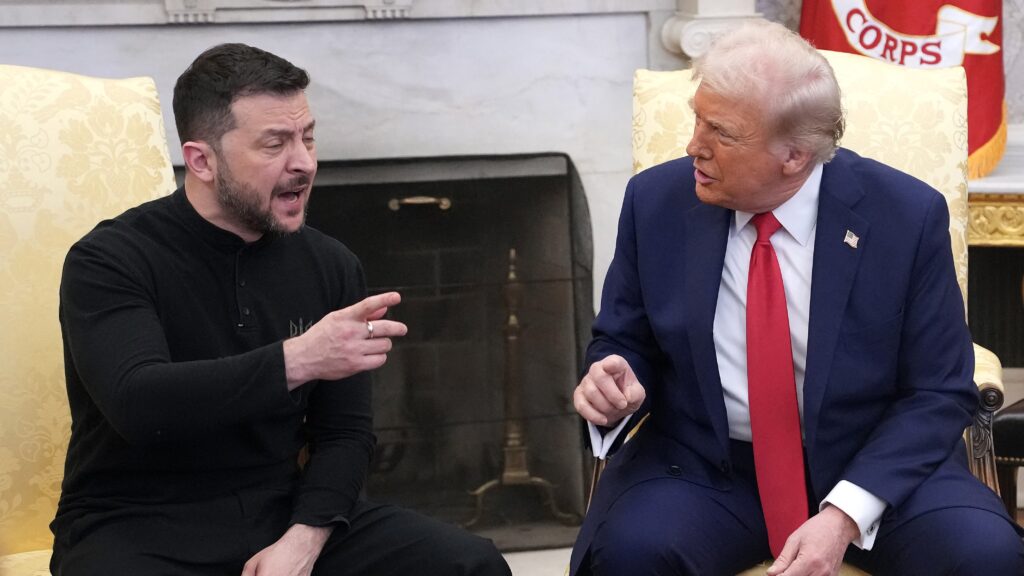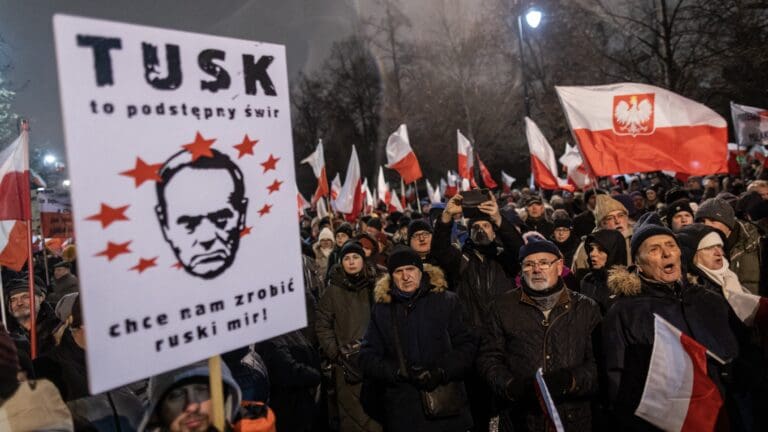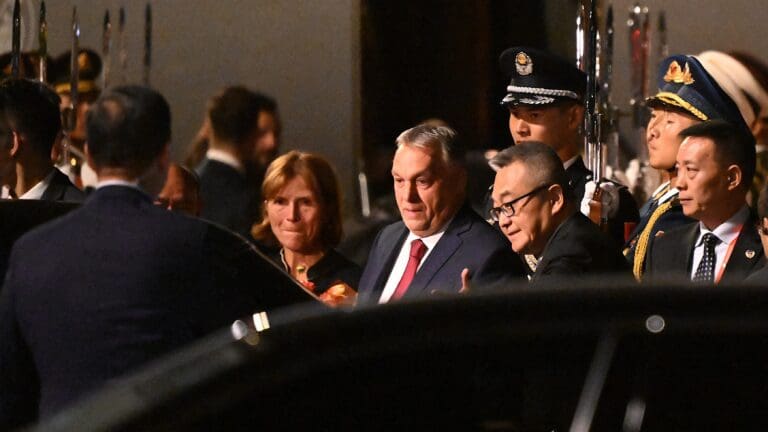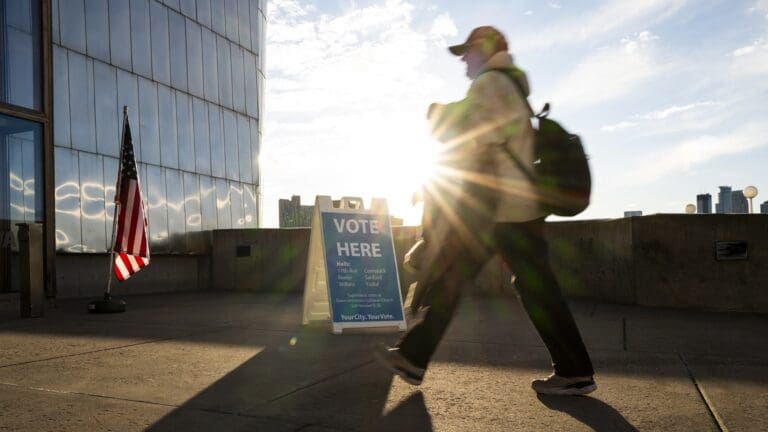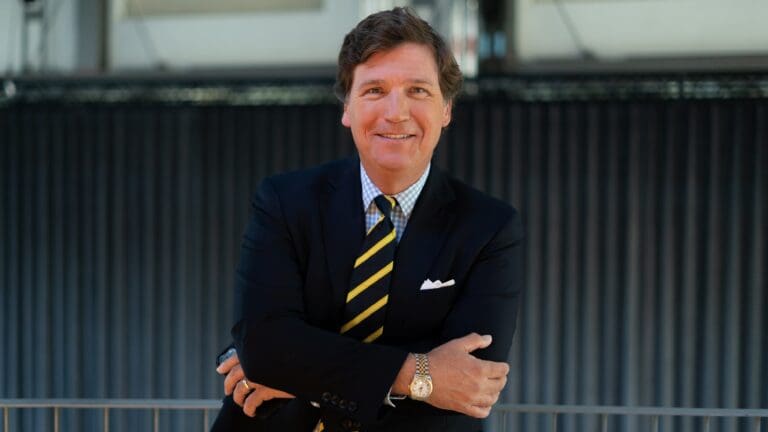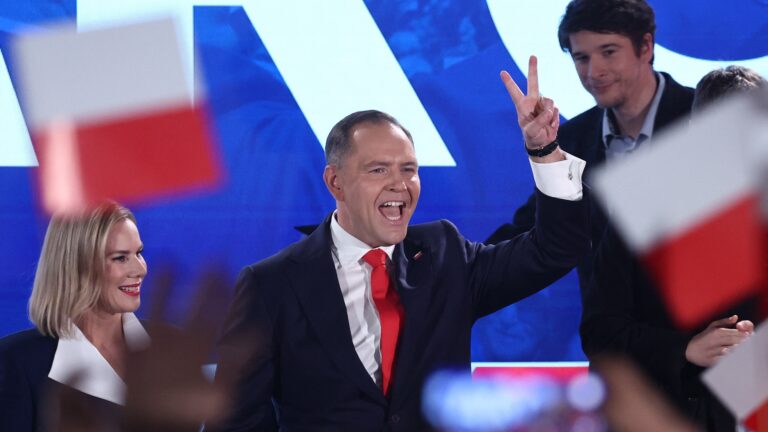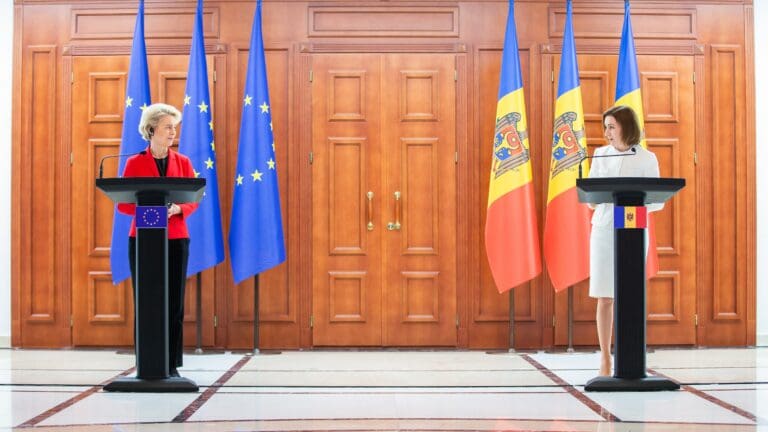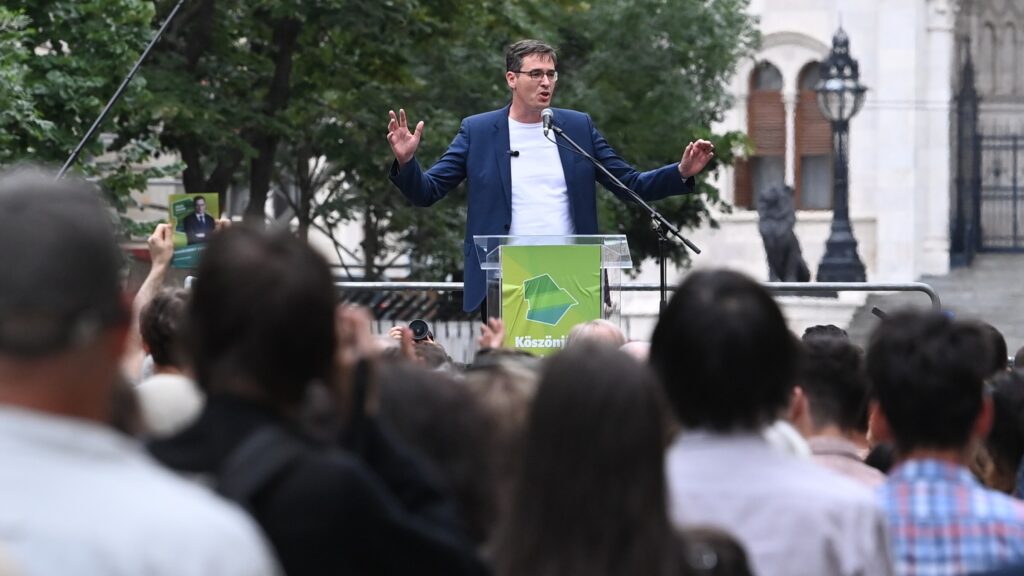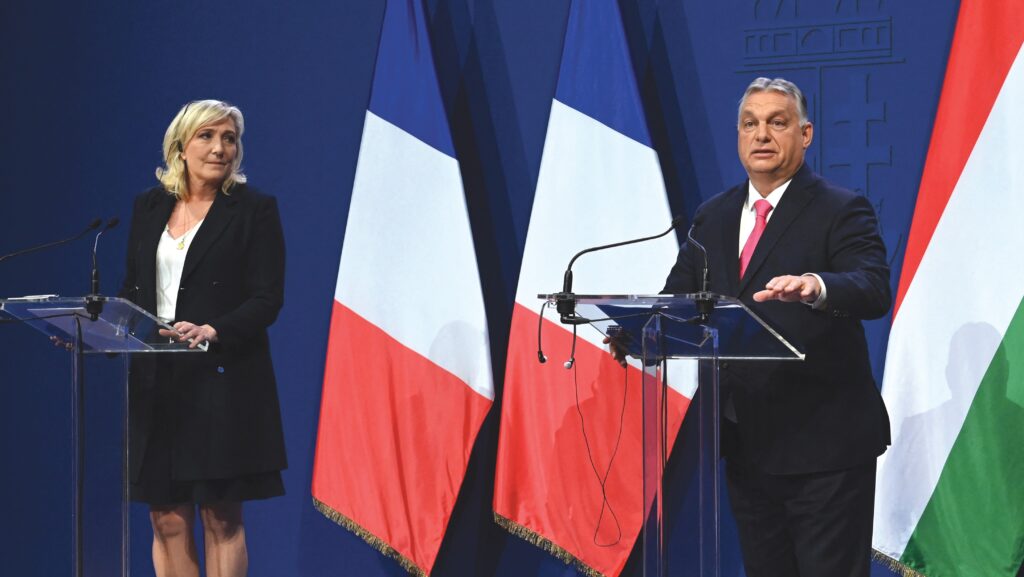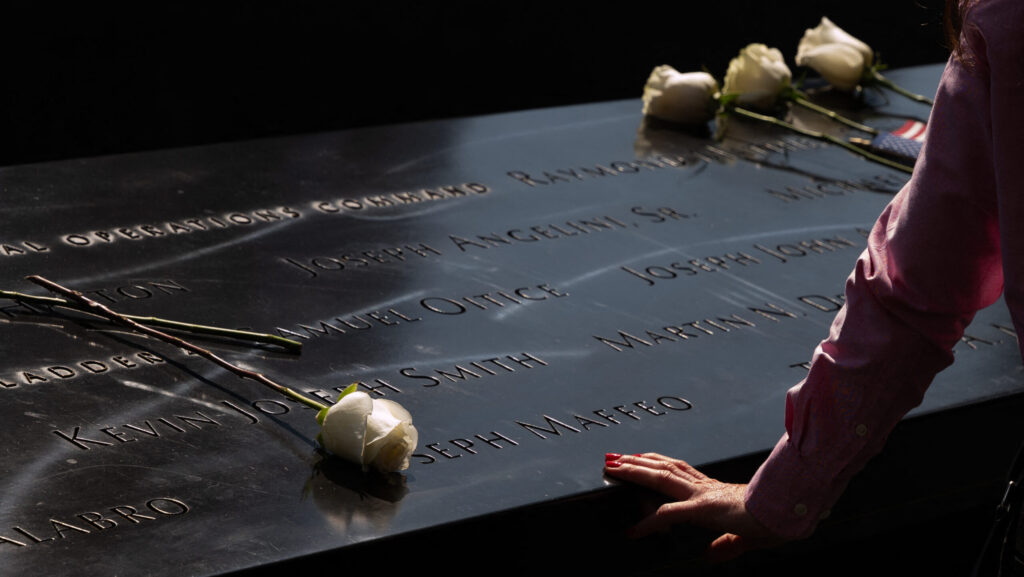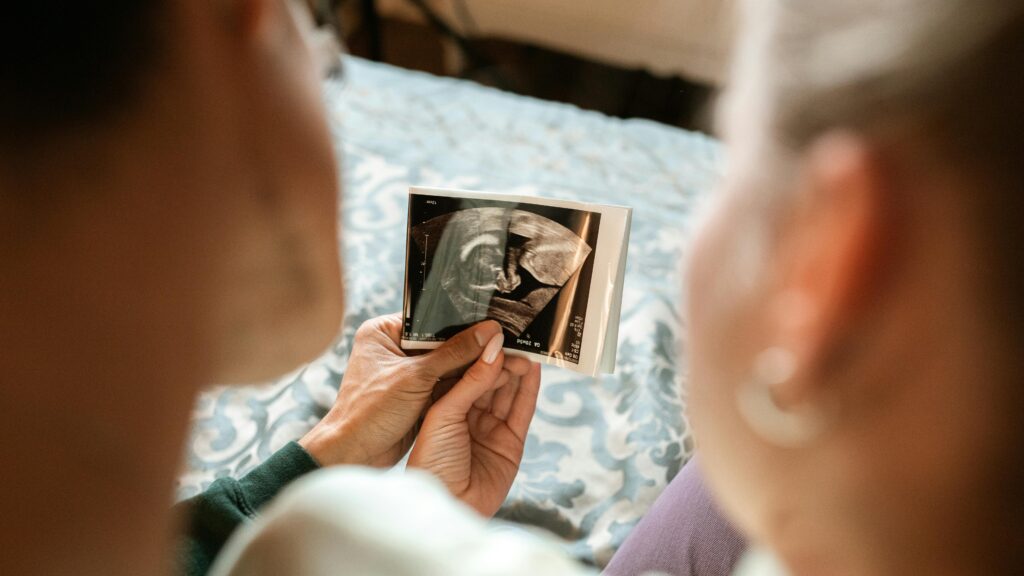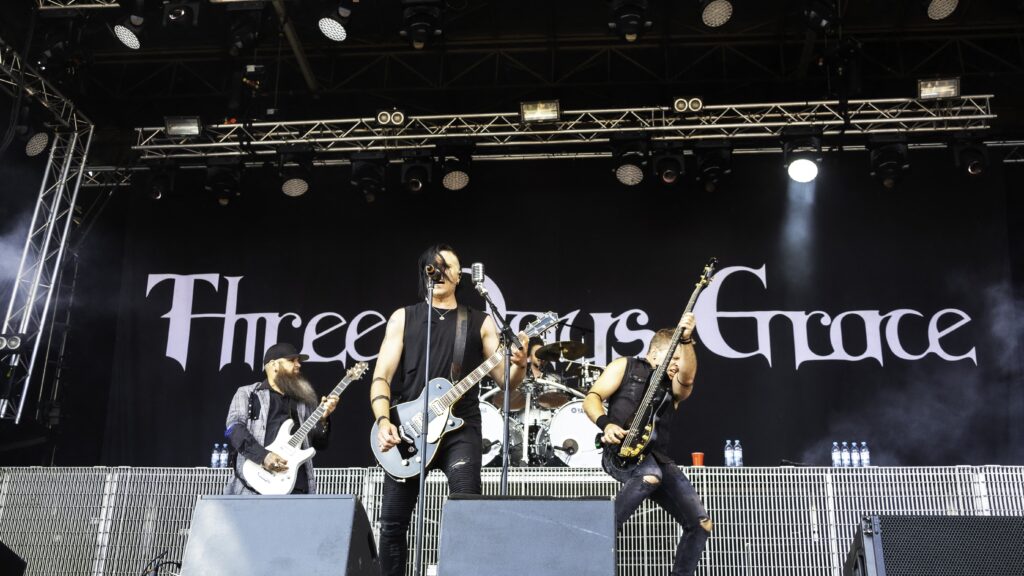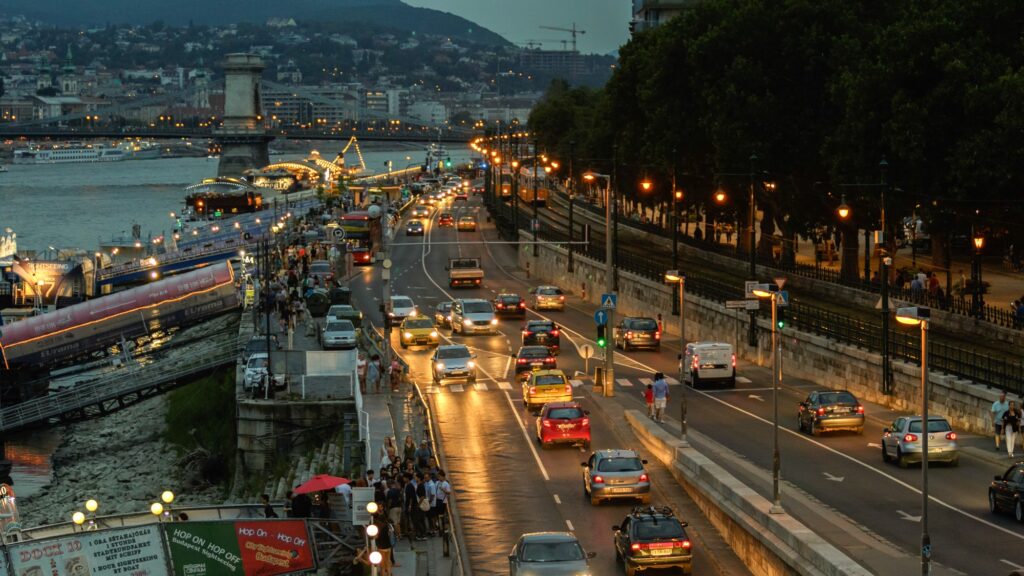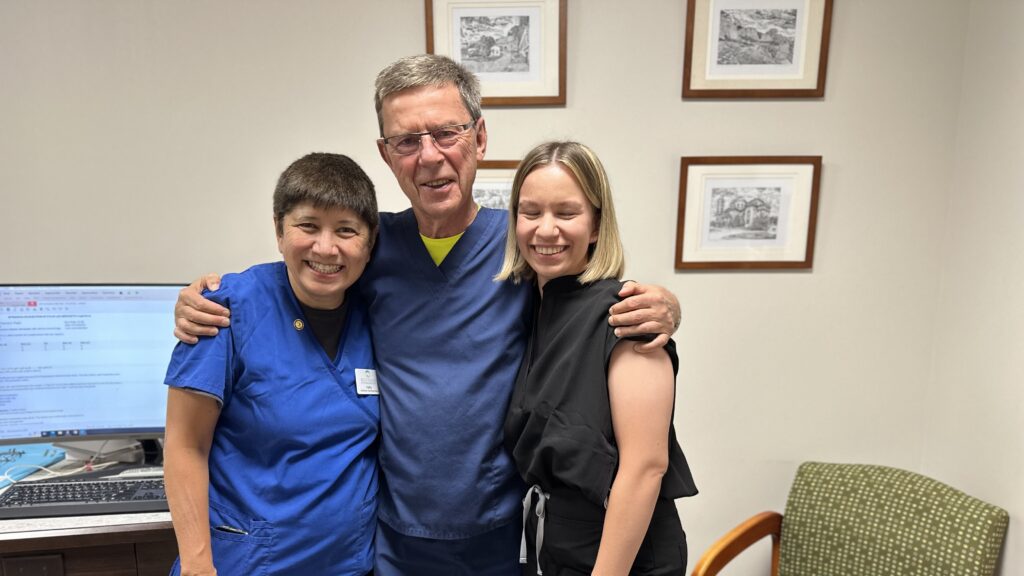
Capitalism’s Facelift
‘We aim to draft a manifesto that sheds light on an alternative kind of capitalism—primarily beneficial for domestic business circles—which we refer to as “inclusive capitalism”. It is important to emphasize that our goal is not solely to outline inclusive capitalism but to formulate what we term “capitalism alternatives”.’
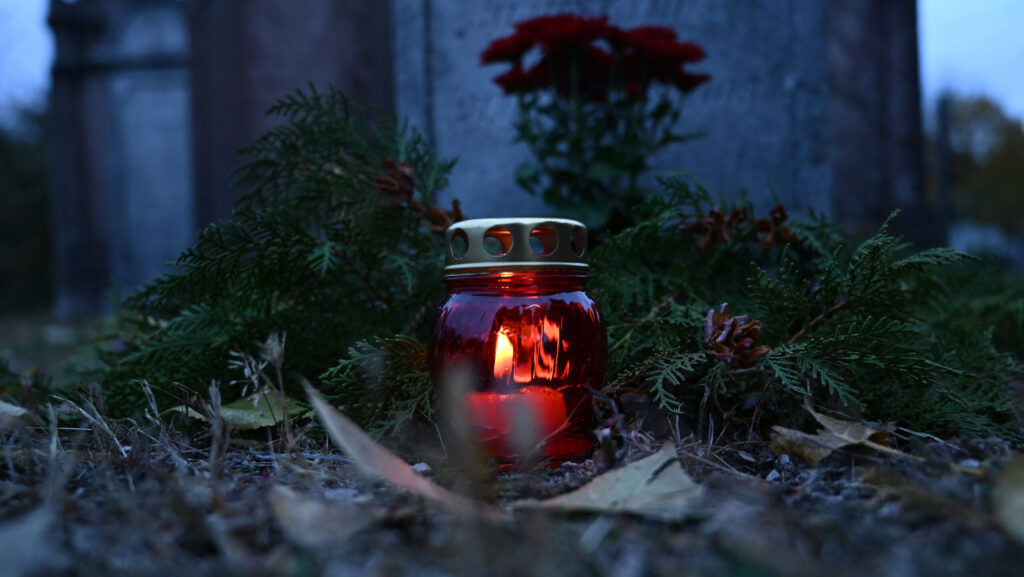
All Saints’ Day — A Time for Quiet Reflection
‘The significance of All Saints’ Day extends beyond the flickering candle flames in cemeteries; it is a time for reflection—reflecting on our lives and remembering not only our departed loved ones but also the saints whom we may overlook at other times. It is an opportunity to seek their guidance during periods of trial and challenge, which is extremely important in our times.’
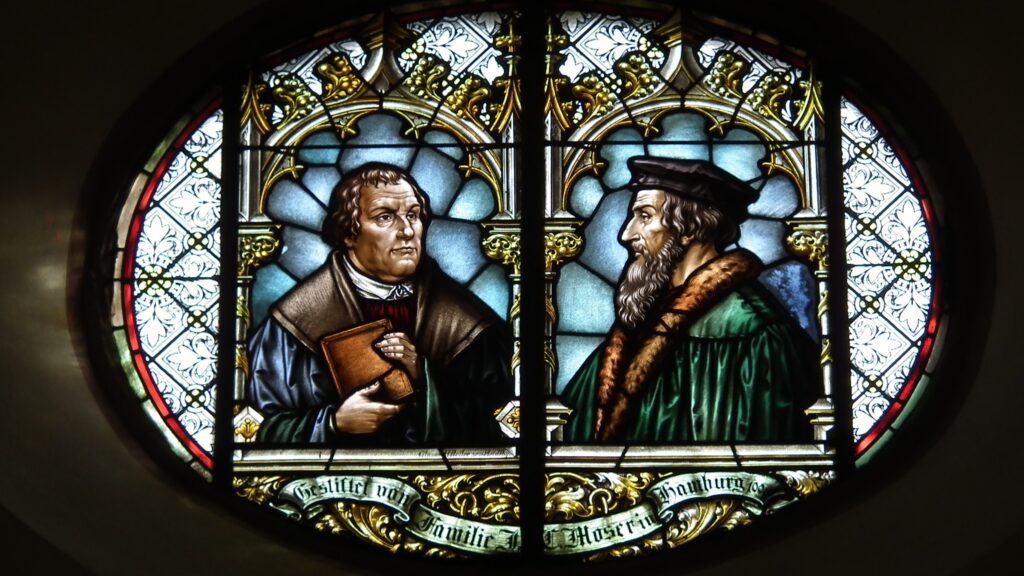
Celebrating Reformation Day — The Calvinian Traits on the Face of the Hungarian Nation
Protestants played an irreplaceable role in the formation of Hungarian literary language, as well as in the renewal of the language. It is no coincidence that Ferenc Kölcsey, who wrote the Hungarian National Anthem in 1823, was a student at the Reformed College in Debrecen for many years, just as it is no accident that it was in the same Debrecen, known as the Calvinist Rome, that the Hungarian National Assembly—headed by Lajos Kossuth, who hailed from a Lutheran small noble family—proclaimed the dethronement of the House of Habsburg on 14 April 1849.
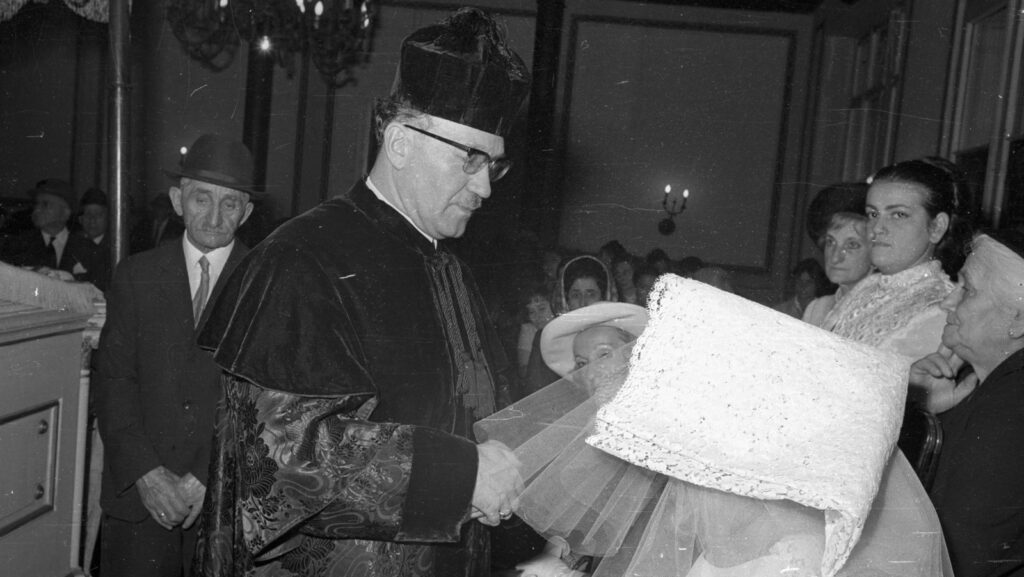
A ‘Violet’ at the Kiddush
‘There were agents who tried to submit reports as meaningless as possible to avoid harming anyone, while others fully embraced their role as secret informants. “Viola” clearly belonged to the latter category—she seemed to take pleasure in reporting on her friends and acquaintances…’
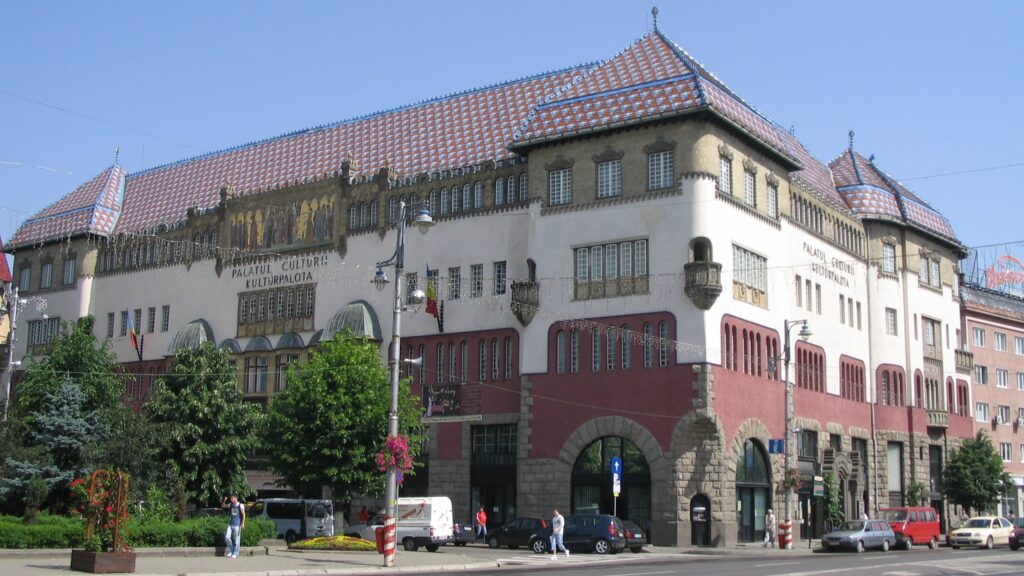
What Americans Can Learn from the Palace of Culture in Marosvásárhely: Some Good Ideas for Trump and Co.
‘It’s high time we tell our stories: paint them, etch them, carve them, and turn them into stained glass. The Palace of Culture in Marosvásárhely is a signal of triumph—a beautiful window into the culture of Transylvania and of Hungary. We need a shot of that cultural self-awareness and self-confidence on our side of the pond. We need some stained-glass ballads of our own…’
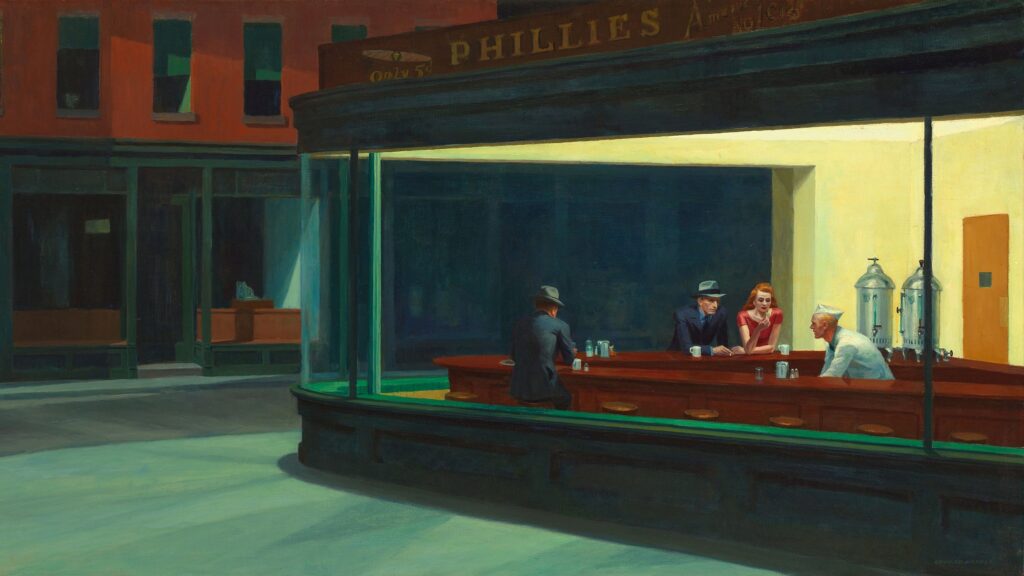
Lajos Prohászka as a Crisis Philosopher — Part III
‘According to Prohászka, in modernity the tradition of earlier, non-atheistic ages does not die out completely, so that modernity, despite its distinctness, also draws on expressions of earlier forms of cultural life. If a positive turn is to be made, this must be grasped first and foremost.’

‘God listens to little children’ — A Conversation with Editor Erika Papp Faber
‘Sometimes, I’ve come across Hungarians in the most unlikely places. For example, I saw an article by a certain Rev. Laszlo LaDany from Hong Kong, who translated from Chinese to English. When I contacted him, it turned out that he had a niece in England whom my uncle and his wife were supporting.’

Poor European Union, Rich United States of America
‘The size and distribution of the economies of the US and the EU, with economies of USD 29 trillion and USD 19 trillion respectively, have an impact on everything, so it is worth bearing these facts in mind at all times, including when the EU and its member states are negotiating more and more disputes with the US.’
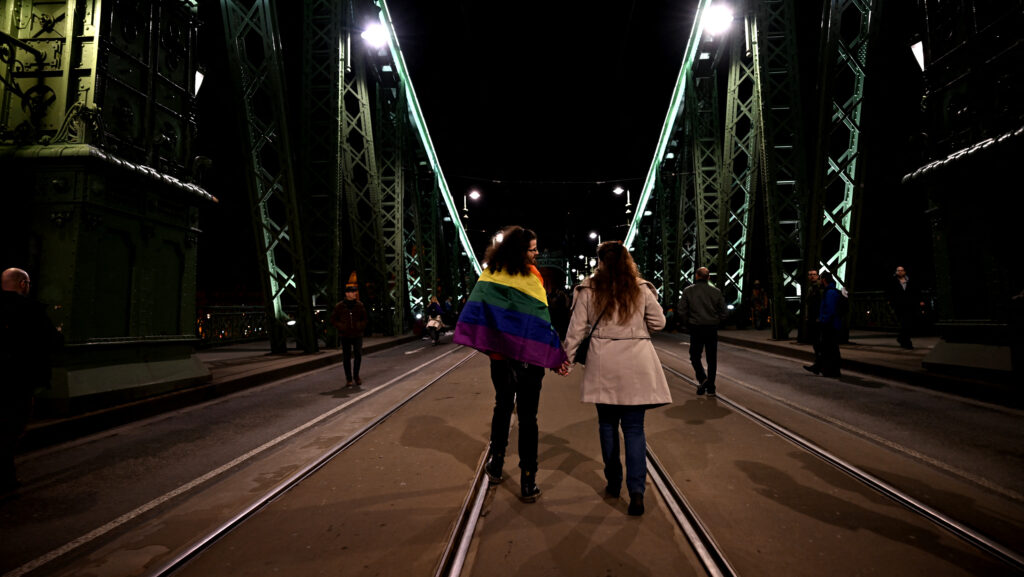
German MEP Freund Joins Budapest Pride Protest, Signals EU Meddling
Budapest witnessed rare protests in recent days, as demonstrators rallied against what they describe as a ‘Pride-ban’—an amendment to the law on the right of assembly, which imposes stricter conditions on mass events that violate the child protection law. Among the speakers was the infamous German MEP Daniel Freund, who effectively admitted that Brussels has been working for years to oust Viktor Orbán’s government, with the current demonstrations being no exception.
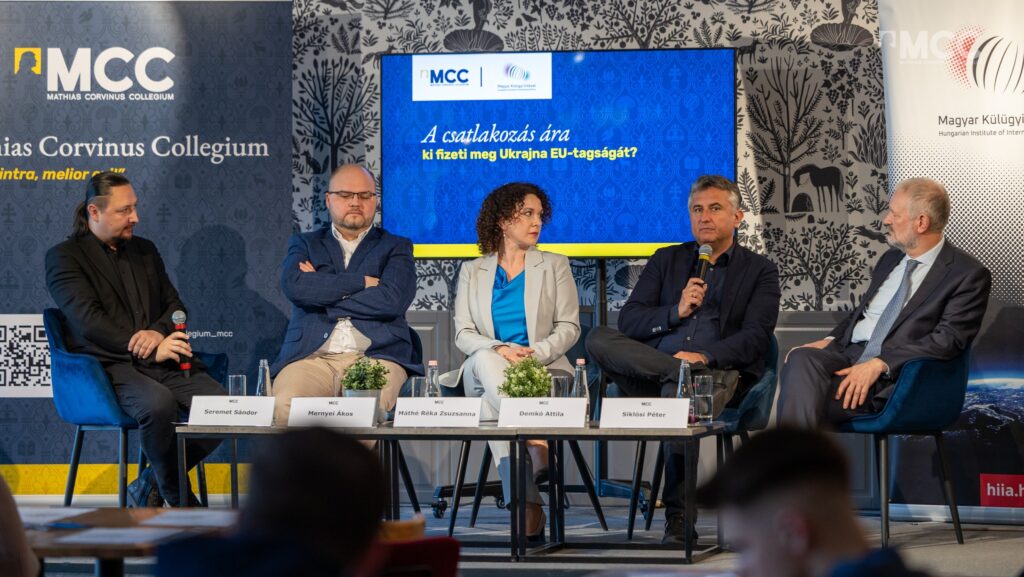
Experts Warn Fast-Tracking Ukraine to EU Could Serve Russian Interests
The Hungarian Institute of International Affairs presented its comprehensive study on the potential consequences of fast-tracking Ukraine’s accession to the European Union at a panel discussion organized by Mathias Corvinus Collegium. Experts agreed that the EU must identify alternative means of supporting Ukraine’s stabilization and long-term development beyond full membership.

